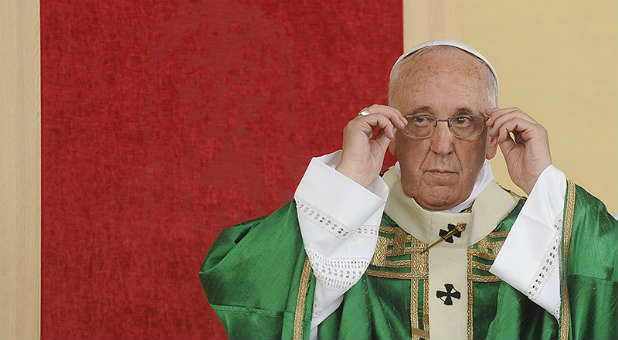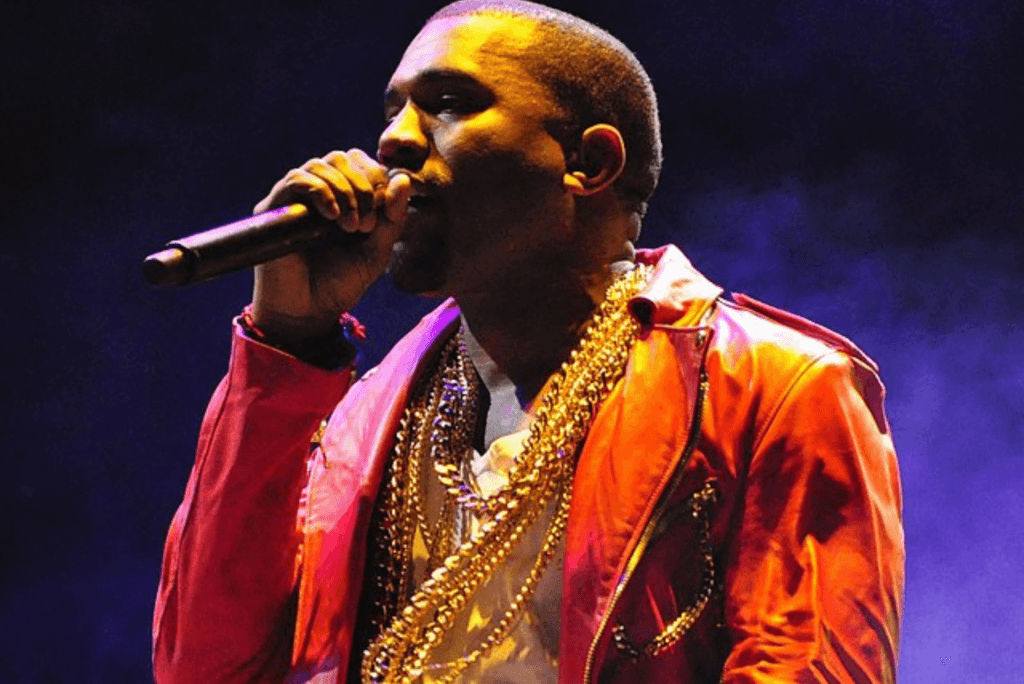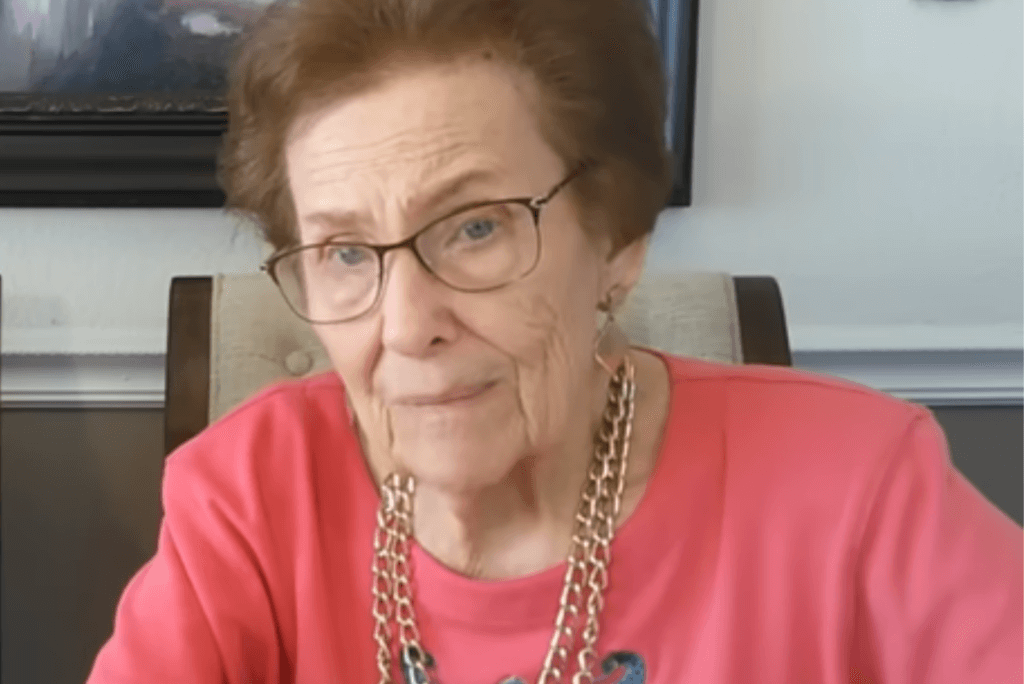A reformer? A radical? A revolutionary? He has been called all of these things since he was the surprise choice of the cardinals at the Vatican conclave in March 2013. Sometimes the label has been meant as a compliment, sometimes as a criticism.
Whatever one feels about the pope—and many people have strong opinions, mainly positive, but also sharply negative—the answers to those are very much on the minds of Americans as they await the pope’s visit Sept. 22-27. The trip, with stops in Washington, New York and Philadelphia, marks the first visit to the U.S. for the Argentine-born Francis, the first Latin American pope.
Much is at stake, both for the Catholic Church, which is trying to chart a course between the poles of rapid secularization and growing religious fundamentalism, and for a world facing wildfire conflicts and environmental crises.
Apart from being the first Latin American pope, Francis — Cardinal Jorge Mario Bergoglio — is the first non-European pope since the early centuries of Christianity, as well as the first from the Southern Hemisphere and the first Jesuit.
The two “firsts” that matter most to understanding him are that he was born and raised in Argentina and that he became a Jesuit priest.
Bergoglio was born on Dec. 17, 1936, in Buenos Aires to Italian immigrants who fled the Mussolini regime in 1929. His Italian roots probably made him appealing to the cardinal-electors in 2013, because, ethnically at least, he was not too far from Rome.
But his family’s immigrant experience has informed his passionate advocacy for migrants and refugees. As he told the crowd at the Vatican the night he was elected, he was a pope “from the ends of the earth” — so far-removed from the European experience that it was inevitable he would bring a different perspective and different priorities.
Bergoglio was the oldest of five children; only a sister survives. He was by all accounts a regular kid, and likes to recall how he would get in trouble with his teacher to the point that his mother had to be called to school. As a young man he loved to dance the sensuous Argentine tango — “I love the tango a lot. It is something that comes from inside me,” he once said. (A few decades earlier, Pope Pius X had condemned the dance as indecent.)
He liked girls, and during his seminary days developed such a crush on one young woman that he considered abandoning his vocation. “It would be abnormal for this kind of thing not to happen,” he later said, reflecting the kind of realism he would continue to embrace as pope.
He worked as a bouncer at a bar for a while, studied chemistry and worked as a chemist before entering the seminary. But contrary to many reports after his major papal document on caring for the environment, he did not get a master’s degree in chemistry; his father was an accountant and his mother a housewife, and that sort of advanced degree would have been beyond their means.
In 1957, at age 20, he developed severe pneumonia, which led to cysts; surgeons had to remove part of his right lung. It’s not true that he has just one lung, as some have reported. He can get winded at times, but close observers say he manages well and has a remarkable amount of energy considering his age and various ailments.
“He ‘eats work,’ it’s true,” said the Rev. Antonio Spadaro, a Jesuit priest who conducted a book-length interview with the pope last year and knows him well.
If Bergoglio was a normal, fun-loving youth, he also was always serious about his Catholic faith. He had begun studying medicine, as his mother wanted; she had discouraged his interest in the priesthood because she did not want to “lose” her oldest son to the church.
Then one day she discovered books on theology and Latin and realized he was preparing for seminary. “Jorge, you’ve lied to me,” she said.
“No, mother,” her son replied. “I’m studying medicine for souls.”
With such a clever response, it should be no surprise that in 1958 he became a novice in the Society of Jesus, popularly known as the Jesuits. The largest all-male religious order in the Catholic Church, Jesuits are known for their rigorous intellectual and spiritual development and their intense focus on missionary work.
Bergoglio wanted to go to the mission field, perhaps to Japan. But his health prevented that and he remained in Argentina, becoming engaged in issues Jesuits were devoted to: advocating for the poor and battling injustice.
Those passions have been hallmarks of Francis’ pontificate, but they only crystallized in him after a series of often agonizing trials.
The first crucible was the dark period of Argentina’s military dictatorship and the so-called “dirty war” against guerrillas, trade unionists and anyone seen as a leftist. Over nearly a decade, security forces and right-wing death squads killed thousands and tortured countless others, leaving scars on the national psyche that persist to this day.
The start of this veritable civil war coincided with Bergoglio’s appointment as head of all Jesuits in Argentina and neighboring Uruguay.
“That was a difficult time … an entire generation of Jesuits had disappeared. I found myself provincial when I was still very young, only 36 years old. That was crazy,” Francis said. “I had to deal with difficult situations, and I made my decisions abruptly and by myself.”
Critics say one of his bad decisions was failing to protect two Jesuit priests who worked in the slums and had been targeted by the government. They were kidnapped and tortured, and found five months later drugged and seminaked. They and others accused Bergoglio of having sold them out, but it later emerged that he probably saved them — and numerous others — from death.
But many more were not spared, and Bergoglio lost friends in that brutal period that remains a searing experience informing his approach to both societal conflict and international relations.
Diplomacy is personal more than ideological, Francis says, and peace is “a handcrafted product. … We make it every day with our work, our life, our love, our closeness, our loving each other.”
Bergoglio engendered a devoted following among many priests and seminarians; he headed Argentina’s main seminary after six years as Jesuit provincial. But that loyalty also annoyed some other Jesuits, and Francis admits his lack of seasoning didn’t help his own cause.
“My authoritarian and quick manner of making decisions led me to have serious problems and to be accused of being ultraconservative,” he has said.
See an error in this article?
To contact us or to submit an article






















